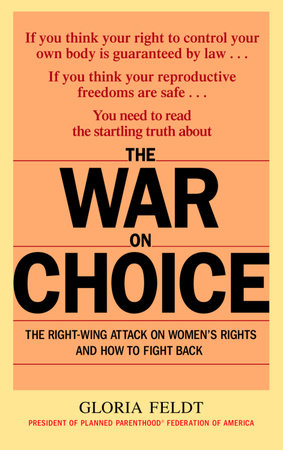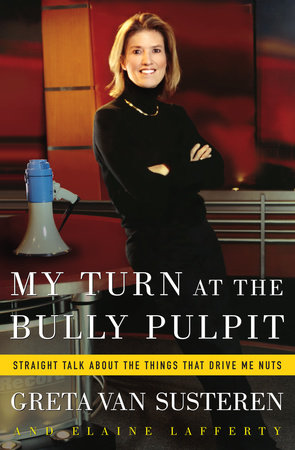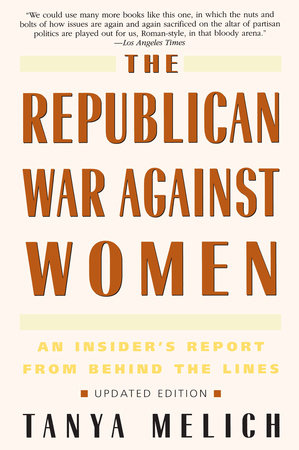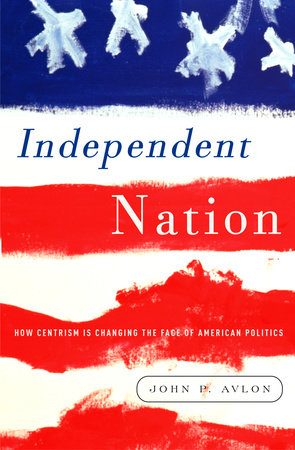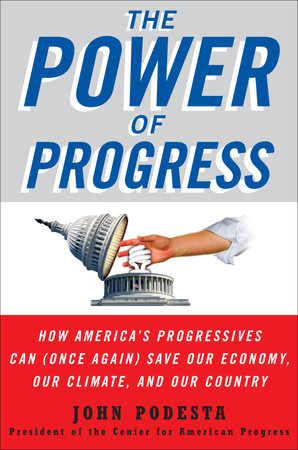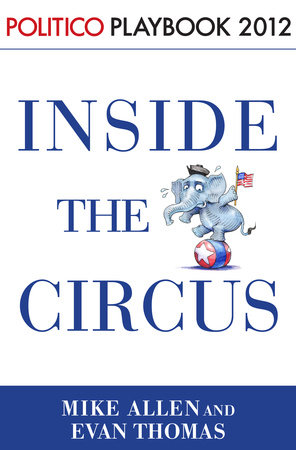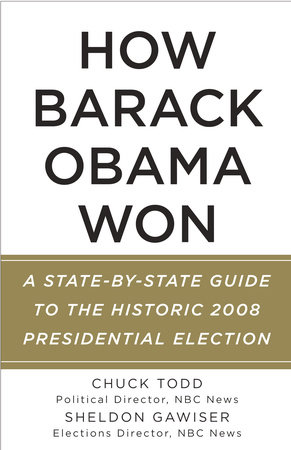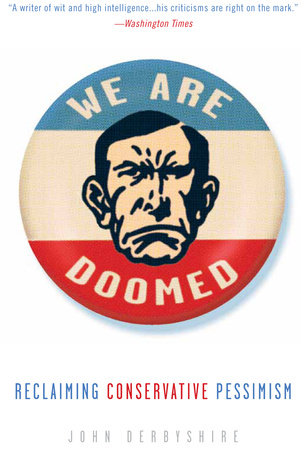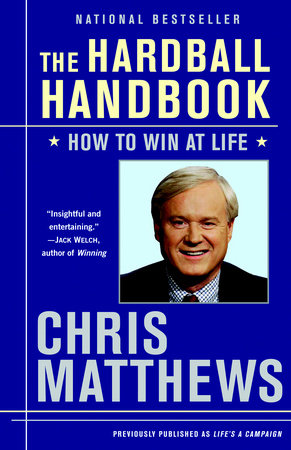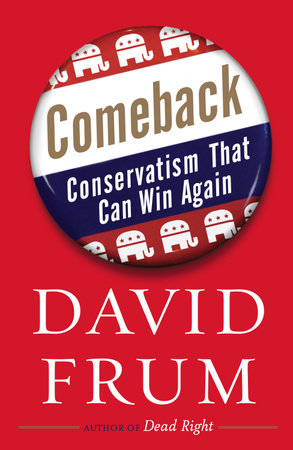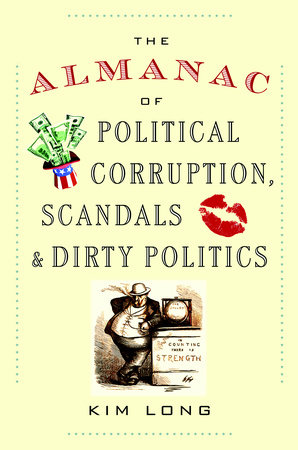Author Q&A
Why did you feel compelled to write this book now?
My 30 years at Planned Parenthood coincide almost exactly with the number of years that abortion has been legal in this country. Roe v. Wade was decided in 1973. That seemed to complete the circle of reproductive rights and make full access to them possible. From the mid-‘70s to the mid-‘90s, I was a Planned Parenthood affiliate CEO first in Texas and then in Arizona. During that time, there were ups and downs, to be sure. We had legislative successes but we also endured violent attacks. But what we’re seeing now is the Congress, the courts, and the administration in lockstep, launching an all-out assault on women and our reproductive freedoms. I felt it was time to get it in writing.
You and President George W. Bush both spent your formative years in West Texas in the 1950s, and both Bush First Ladies are purportedly pro-choice. Is this a gender issue? Why don’t Barbara and Laura speak up?
This is a question journalists should be asking both Barbara and Laura Bush. I think they’ve gotten a free ride. We should note that there’s a gender gap on this issue, with more women than men willing to vote based on reproductive rights. But First Ladies have often felt compelled to present a united front with their right-wing husbands. It’s the three ps – politics, Puritanism, and power.
You say that the current environment is the most dangerous since you’ve been at Planned Parenthood. Why?
The power dynamic has changed in 30 years. The pro-choice balance of the Supreme Court hangs by a thread. Federal courts are being packed with anti-choice judges. The current president is one of the most anti-choice in U.S. History. The Congress and state legislatures are pushing through scores of anti-choice legislation, including a dangerous abortion ban that the president signed into law in the fall of 2003. A lot of the domestic terrorism in this country has been aimed at our movement. We had anthrax letters long before 9/11 brought them to the public’s attention. Clinics have been bombed, and clinic workers killed or injured. So yes, there is danger on many fronts.
The Bush administration seems filled with politicos whose anti-choice beliefs are well documented. Are there any whose records might surprise us either way? What about in the Democratic Party?
It might surprise some people to know that the first George Bush was a co-sponsor of the Family Planning and Population Act of 1970. And I think it’s widely known that former EPA Administrator Christie Todd Whitman is pro-choice. But most would find it surprising that it was on Jimmy Carter’s watch that the Hyde amendment, which denies federal Medicaid coverage for abortions, became administration policy. The issues transcend party lines. There are some anti-choice Democrats and some pro-choice Repulicans.
President Bush recently announced a major $15 billion global anti-AIDS initiative, yet you point out that even here there are hidden agendas and restrictions. How has anti-choice ideology affected HIV/AIDS services in developing countries?
For so many women in developing countries the only contact they have with the health system is through a reproductive health care provider. Efforts by the administration to emphasize abstinence-only sex education not only stigmatize condom users but also send a dangerous, life-threatening message. Efforts by this administration to downplay the fact that HIV/AIDS is transmitted sexually and to shift funding from prevention to treatment also endanger women’s lives.
How do similar government policies affect what US teens are taught about the prevention of unwanted pregnancies and AIDS?
This fiscal year the Bush administration will sink a whopping $135 million into abstinence-only sex education. Abstinence-only programs that do not cover family planning, disease prevention, and responsible decision-making skills are dangerously irresponsible and do not prevent pregnancy or disease. Ignorance harms and can even kill. The administration’s inexplicable anti-condom crusade can result in long-term and threatening consequences. I call this abstinence of common sense.
In THE WAR ON CHOICE, you question why fetuses should have more rights than women. What did you mean by that?
New federal rules would make fetuses, not pregnant women, eligible for prenatal care in the CHIP (Children’s Health Insurance Program). This regulation recognizes the fetus from conception as a “person” but does not offer health coverage to the woman, either prenatal or postpartum. The so-called “Unborn Victims of Violence Act” creates a separate, additional penalty over and above harm to the woman in the commission of a crime. These are both attempts to elevate the status of a fetus to that of an adult woman.
The so-called “pro-life” states that support fetal rights are less likely than pro-choice states to favor adoption or provide aid to needy children, and spend less per student on education and social services. This seems so counter-intuitive.
People who call themselves “pro-life” are more apt to espouse a philosophy that is hostile to government help for poor and working-class people. They tend to support tax breaks for the rich rather than school lunches for the poor. Yes, it is counter-intuitive. The implications of this are that we must work even harder to provide social services for children, so that indeed no child is left behind. That’s why being pro-choice is really being pro-life.
Often the methods used by anti-choice groups are very subtle, as subtle as the choice of words—for example, the $900,000 set aside by the Bush administration to support embryo “adoption” awareness campaigns. How does something as simple as the word “adoption” alter our perception of this move?
The word “adoption” implies human children, whereas the word “donation,” which we use, does not. An embryo is not a person, and yet anti-choice groups would have you believe that you can “adopt” one. Language is one of the most powerful weapons being used against women. Take the misleading term “partial birth” abortion. Health care providers will tell you that there is no such procedure in medicine. It’s a ban on abortion and criminalizes doctors who are trying to protect women’s health. But because of the shock factor, anti-choice hardliners have used this term very successfully to deceive the American people.
Recently, the National Cancer Institute website posted a fact sheet suggesting a link between abortion and breast cancer. The American Cancer Society, the New England Journal of Medicine, and the American College of Obstetricians all concurred that there was no such link. Are there other falsehoods being promoted with taxpayer money that haven’t been brought to the public’s attention?
The politicization of information is chilling. The website for the National Women’s Health Information Center, which is part of the Health and Human Services Department, currently has a section on pregnancy that does not address the fact that a woman might want to prevent a pregnancy or end a pregnancy. It has tips on how to conceive but nothing about birth control or abortion. The section on menstruation was revised to remove contact information for Planned Parenthood, even though thousands of parents rely on us for accurate, age-appropriate sexuality information. How can a government site devoted to women’s health fail to deal with all aspects of women’s health?
How has the current anti-choice ideology affected the search for cures to serious diseases?
Legislation to ban all cloning, including therapeutic cloning, would shut down lifesaving medical research on Alzheimer’s, diabetes, Parkinson’s, and other devastating diseases. As I’ve already noted, this administration has sought to undermine the legal foundation of the Roe decision by elevating the status of the fetus, or even a fertilized egg, to that of a person. This desire is part of the rationale behind the Bush policy of prohibiting federal financing for research on all new embryonic stem cell lines, despite the hope that this research could lead to cures for cancer and other life threatening illnesses.
The Senate has confirmed almost 150 of President Bush’s nominees to the lower courts, where most major decisions are made. Many of them are outspoken opponents of a woman’s right to choose—and these are lifetime positions. Is it already too late?
I don’t think we can ever say that it is too late for anything. What if Margaret Sanger had said that it was too late for the right to birth control? Until the late ‘70s, many health plans in this country did not even cover the medical expenses associated with pregnancy and childbirth, but now most do and more than 20 states have contraceptive coverage, due in large part to an aggressive campaign by Planned Parenthood. However, the situation is dire. A shocking number of recent nominees to federal benches have expressed anti-choice views. At least three – Carolyn Kuhl, Bill Pryor, and Charles Pickering — have indicated that they would like to overturn Roe v. Wade. The Senate was successful in filibustering against one anti-choice nominee, Miguel Estrada, who eventually withdrew his name from nomination. We need to support that kind of congressional action.
What are the major reproductive-rights cases coming before the courts in the next year?
The major litigation coming up consists of suits that challenge the constitutionality of the so-called Partial Birth Abortion Ban Act. The Supreme Court has already found similar Nebraska legislation to be unconstitutional. While we are convinced that we have the law on our side now, anti-choice groups have acknowledged their hope is for a different Supreme Court that will be prepared to overturn Roe by the time this new legislation reaches their docket. We cannot let down our guard, even for a moment.
With all these attacks against women’s reproductive freedom, how is it possible that most Americans don’t understand what a grave threat they are facing?
For 30 years the American people have enjoyed the protection of the core right to privacy as outlined in Connecticut v. Griswold, which legalized birth control, and Roe v. Wade. They just don’t believe that they could lose these rights or even that they hang by a slender thread. It doesn’t make sense to most people that such reasonable things as access to family planning and medically accurate sex education and the freedom to make our own childbearing decisions could be taken away.
In THE WAR ON CHOICE, you lay out a strategy for resisting and overpowering the attacks on women’s reproductive freedoms, in both the short- and long-term. What is the single most important thing an individual can do?
Act. Talk to everyone you know. Join organizations dedicated to reproductive freedom and health services. Sign up for their activist alert networks. Give speeches. Write op-eds. Organize fund-raisers. Write, call, and visit elected officials. Do at least one activist deed every single day. And always participate in the democratic process: Vote.
The picture you paint in THE WAR ON CHOICE is certainly disturbing. Are you optimistic about the future?
Yes. I am optimistic because I sense an immense energy out there for choice. In 20 years I hope we will have passed the Freedom of Choice Act and ratified the Equal Rights Amendment. Planned Parenthood has a Vision for 2025. One of its goals is to secure passage of laws and policies, including constitutional amendments, that guarantee reproductive freedom for all. If Americans wake up to the threats to their freedoms, we will soon be well on our way to achieving that goal. Reproductive rights are human rights. I am sure that will become a predominant social value. And that will change everything.
